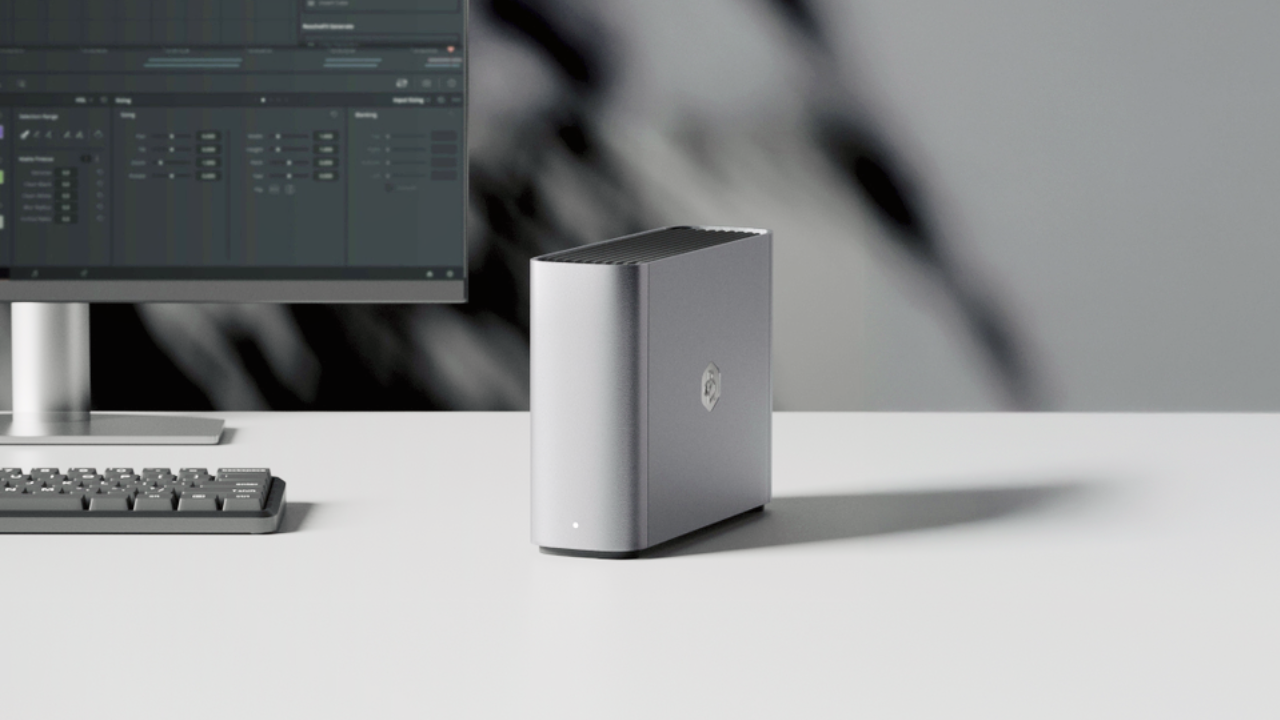Against the backdrop of big Computex 2025 launches such as the next iteration of AI chips and innovations in the public cloud, Synology unveiled something seemingly more modest – but strategically very coherent. The company has been consistently developing its data management ecosystem, targeting both the enterprise and home user segments. While Synology is not in direct competition with the hyperscalers, its offerings are increasingly a viable alternative for businesses and those who value privacy, control and local infrastructure.
The centrepiece of this year’s launches was the PAS7700, an all-flash system with an active-active NVMe architecture. The device achieves an impressive 2 million IOPS, putting it in the league of enterprise-class solutions previously reserved for the likes of Dell and NetApp. Significantly – Synology promotes not only performance, but also a 3-2-1-1 data protection model, integrating backup, replication and cyber security into a single device.
At the other extreme is the BeeStation Plus, designed with home users in mind, but offering features typical of SMB-class solutions. Built-in private cloud, automatic iCloud photo backup, Plex integration and extensive video surveillance capabilities make this product a proposition for digital families and prosumers. This is a nod to a market that is often overlooked by corporate suppliers.
Also worth noting is C2 Surveillance, a cloud-based VMS without the need for local NVRs. This solution may hit the needs of the public sector and retail chains that want to centrally manage surveillance, but without maintaining local hardware resources. It’s also a sign that Synology is getting bolder about SaaS, but in its own interpretation – with a strong emphasis on hybrid and edge.
Synology does not compete by scale, but by consistency. The company does not try to be all things to all people – instead, it precisely addresses niches that are often overlooked by IT giants. Computex 2025 only confirmed this: Synology is targeting users and organisations that want to stay in control of their data without sacrificing modernity. In an era of rising public cloud costs and increasing privacy concerns, this could be a recipe for success.












